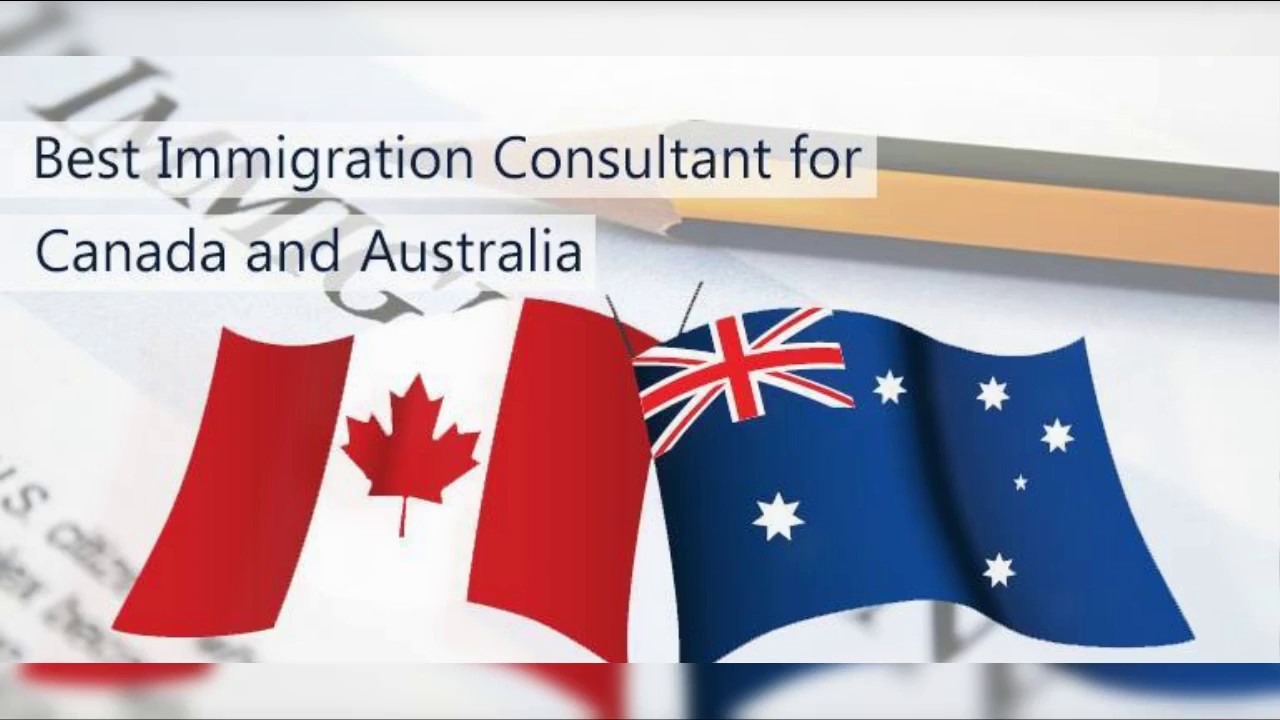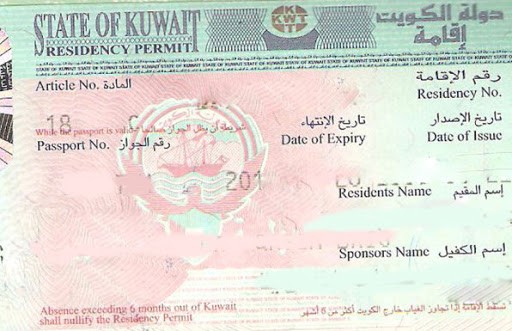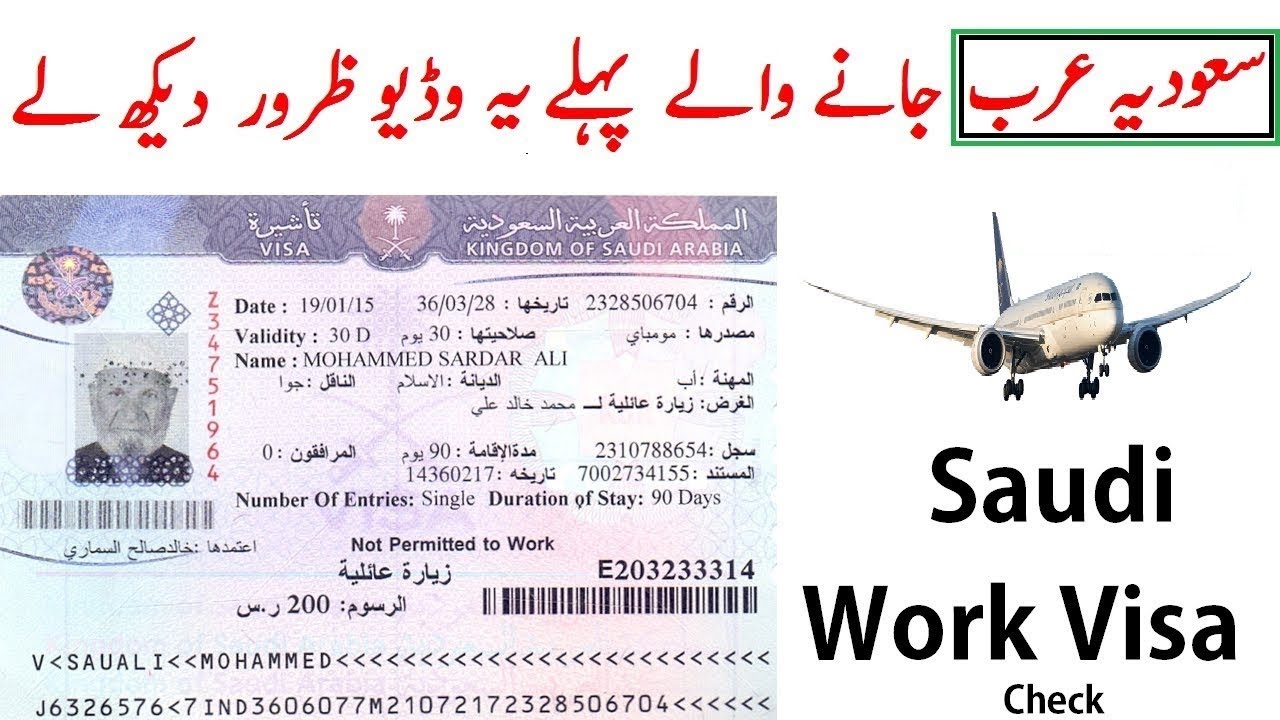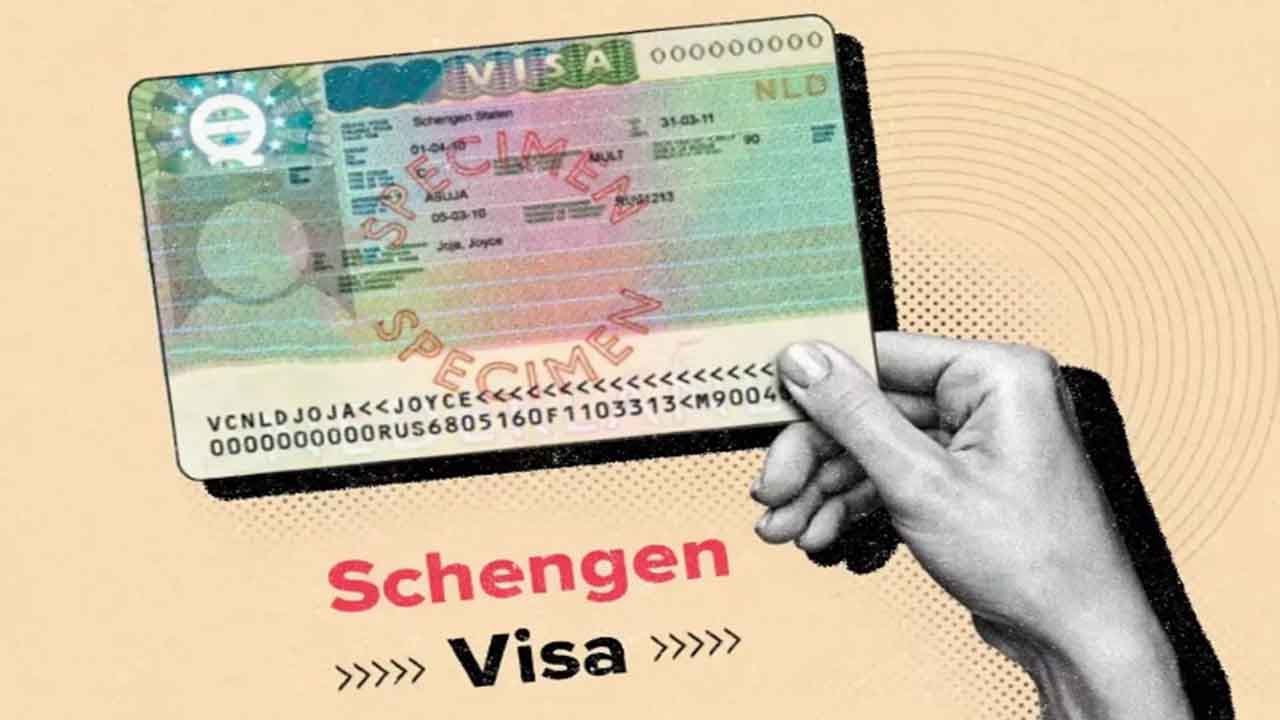What Are Immigration Consultants for Canada?
Immigration consultants for Canada are licensed professionals who assist individuals and businesses with immigration processes, such as applying for visas, work permits, permanent residency, or citizenship. Regulated by the College of Immigration and Citizenship Consultants (CICC), they ensure compliance with Canada’s Immigration and Refugee Protection Act (IRPA). Unlike lawyers, consultants focus solely on immigration, offering cost-effective, specialized guidance for programs like Express Entry, Provincial Nominee Programs (PNPs), or Labour Market Impact Assessments (LMIAs).
For example, imagine Priya, an Indian software developer, seeking a tech job in Vancouver. A consultant helps her optimize her Express Entry profile, secure a PNP nomination, and navigate LMIA requirements, turning her Canadian dream into reality. Consultants provide:
-
Eligibility Assessments: Evaluate your qualifications for programs like Express Entry or study permits.
-
Application Support: Prepare and submit documents to Immigration, Refugees and Citizenship Canada (IRCC).
-
Strategic Advice: Maximize your Comprehensive Ranking System (CRS) score or appeal refusals.
-
LMIA Assistance: Support employers hiring foreign workers, as seen with agencies like Workvantage.
In 2025, consultants are critical, with Canada aiming to welcome 500,000 newcomers annually (2024–2026), per IRCC’s Immigration Levels Plan.

Image: A trusted consultant guides clients through Canada’s immigration maze. Source: Unsplash
How Do Immigration Consultants Work?
Consultants streamline your immigration journey with a structured, client-focused process. Here’s how they operate in 2025:
For Individuals and Families
-
Initial Consultation: Book a session (online or in-person) to discuss your goals, background, and eligibility. Firms like RightWay Canada offer affordable consultations (CAD 100–300).
-
Eligibility Assessment: Consultants analyze your education, work experience, language skills, and more to match you with programs like Express Entry or the Start-Up Visa.
-
Document Preparation: They compile and review documents (e.g., passports, degrees, language tests) to meet IRCC standards, reducing rejection risks.
-
Application Submission: Consultants submit your application to IRCC, monitor its status, and respond to additional requests. Maple Immigration Services, for instance, provides real-time updates.
-
Post-Approval Support: Some firms, like Canada By Choice, assist with settlement, job searches, or PR card renewals.
For Employers
-
Needs Assessment: Consultants like MCN Canada work with businesses to identify hiring needs, especially for foreign talent requiring LMIAs.
-
LMIA and Work Permits: They handle LMIA applications and work permit processes, ensuring compliance with Employment and Social Development Canada (ESDC).
-
Ongoing Compliance: Firms like Jane Katkova & Associates ensure employers meet IRCC and ESDC regulations, avoiding penalties.
Processing Time: Consultations take 1–2 hours, assessments 1–3 days, and full applications 1–6 months, depending on the program (e.g., Express Entry: 6 months).
Real-World Example: Sanjay, an Indian nurse, hired Patel Canada Visa in Calgary. His consultant secured an LMIA-supported work permit in 3 months, leading to PR via the Canadian Experience Class in 2025.
Image: Learn how immigration consultants simplify your Canadian visa journey. Source: YouTube
Costs of Hiring Immigration Consultants
Costs vary based on services, program complexity, and consultant reputation. Here’s a 2025 breakdown:
Individual/Family Costs
-
Initial Consultation: CAD 100–300 (INR 6,050–18,150 or USD 73–219), often credited toward full services. RightWay Canada credits consultation fees if you proceed.
-
Eligibility Assessment: CAD 200–500 (INR 12,100–30,250 or USD 146–365).
-
Full Representation:
-
Express Entry: CAD 2,000–5,000 (INR 121,000–302,500 or USD 1,460–3,650).
-
Study/Work Permits: CAD 1,500–3,500 (INR 90,750–211,750 or USD 1,095–2,555).
-
Family Sponsorship: CAD 2,500–6,000 (INR 151,250–363,000 or USD 1,825–4,380).
-
-
Appeals/Refusals: CAD 3,000–7,000 (INR 181,500–423,500 or USD 2,190–5,110).
-
Settlement Services: CAD 500–1,500 (INR 30,250–90,750 or USD 365–1,095) for job or housing support.
Employer Costs
-
LMIA Assistance: CAD 1,000–5,000 per position (INR 60,500–302,500 or USD 730–3,650), plus LMIA fee (CAD 1,000).
-
Work Permit Support: CAD 1,500–3,000 per worker (INR 90,750–181,500 or USD 1,095–2,190).
-
Compliance Audits: CAD 2,000–5,000 (INR 121,000–302,500 or USD 1,460–3,650).
Total Estimated Cost:
-
Individuals: CAD 100–7,000, depending on services.
-
Employers: CAD 2,000–10,000 per hire.
Tip: Avoid consultants charging exorbitant upfront fees or guaranteeing approvals, as this violates CICC rules. Compare quotes from firms like Sai Canada or Green Light Immigration for transparency.
Benefits of Hiring Immigration Consultants
Hiring a consultant can make or break your immigration journey. Here’s why they’re worth it in 2025:
-
Expert Knowledge: Consultants like Jane Katkova (27 years of experience) stay updated on IRCC changes, ensuring accurate applications.
-
Time Savings: They handle paperwork and submissions, freeing you to focus on work or family. Canada Connect’s bilingual team cuts processing time with efficient filings.
-
Higher Success Rates: Firms like Green Light Immigration boast a 95% approval rate by tailoring applications to IRCC criteria.
-
Stress Reduction: Consultants like CanDo Immigration guide you through complex cases (e.g., refusals), offering peace of mind.
-
LMIA and Employer Support: Agencies like MCN Canada assist businesses with LMIAs, crucial for hiring foreign workers like Indian engineers.
-
Path to PR: Consultants optimize Express Entry profiles or secure PNP nominations, boosting CRS scores (50–200 points for job offers or nominations).
Data Point: A 2024 CICC report found 70% of Express Entry applicants using consultants received Invitations to Apply (ITAs) faster than self-applicants.
Top Immigration Consultants for Canada in 2025
With thousands of consultants across Canada, choosing a licensed, reputable firm is critical. Below are 10 top picks for 2025, based on experience, client reviews, and CICC licensing, tailored for job seekers, students, and employers.
-
RightWay Canada Immigration Services (Toronto, ON)
-
Specialty: Express Entry, PNPs, work/study permits, LMIAs.
-
Why Choose?: Led by RCIC Elina (CICC-licensed), with a “Top Choice Award” (2022, 2024). Offers affordable packages and a 90% success rate.
-
Best For: Indian professionals or employers needing LMIA support.
-
Contact: rightwaycanada.com
-
-
Jane Katkova & Associates (Toronto, ON)
-
Specialty: Business/investor immigration, Express Entry, work permits.
-
Why Choose?: 27 years of experience, BBB A+ rating, and expertise in corporate relocations. Helped thousands globally.
-
Best For: Entrepreneurs or executives relocating to Canada.
-
Contact: canadianimmigrationexperts.ca
-
-
Patel Canada Visa (Calgary, AB)
-
Specialty: Family sponsorship, Express Entry, PNPs, LMIAs.
-
Why Choose?: ICCRC-licensed Parulben Patel (R509773) offers a 100% success rate for job-assisted PR cases. CAPIC member.
-
Best For: Families or workers seeking PR.
-
Contact: patelcanadavisa.com
-
-
Maple Immigration Services (Toronto, ON)
-
Specialty: Spousal sponsorship, study permits, PR applications.
-
Why Choose?: Led by RCIC Brandon, with glowing reviews for empathy and efficiency. Secured PR for clients in 6–12 months.
-
Best For: Couples or international students.
-
Contact: mapleimmigration.ca
-
-
Sai Canada Immigration (Edmonton, AB)
-
Specialty: Work permits, PNPs, Express Entry, business immigration.
-
Why Choose?: RCIC Rajeev Sharma’s firm, established in 2014, excels in LMIA and employer-sponsored programs.
-
Best For: Skilled workers or employers in Alberta/Saskatchewan.
-
Contact: saicanada.ca
-
-
Green Light Immigration (Toronto, ON)
-
Specialty: Work permits, LMIAs, Express Entry, business immigration.
-
Why Choose?: 95% success rate, led by RCIC Evgeny Blumin. Specializes in freelancers and tech workers.
-
Best For: Tech professionals or self-employed applicants.
-
Contact: greenlightcanada.com
-
-
Canada By Choice (Windsor, ON)
-
Specialty: Complex cases, PNPs, Express Entry, citizenship.
-
Why Choose?: RCIC Hussein Zarif’s empathetic approach and awards since 2007 make it ideal for challenging cases.
-
Best For: Applicants with refusals or unique circumstances.
-
Contact: canadabychoice.com
-
-
MCN Canada Immigration Consulting (Vancouver, BC)
-
Specialty: Express Entry, PNPs, LMIAs, family sponsorship.
-
Why Choose?: Over 10 years of experience, with expertise in employer compliance and LMIA processes.
-
Best For: Employers or families reuniting in Canada.
-
Contact: mcncanadaimmigration.com
-
-
CanDo Immigration (Kelowna, BC)
-
Specialty: PR applications, work permits, complex cases.
-
Why Choose?: RCIC Jamie Dowla (R507233) has 35 years of experience, with a 90% client satisfaction rate.
-
Best For: Applicants needing personalized, long-term support.
-
Contact: candoimmigration.ca
-
-
Connect Canada Immigration (Calgary, AB)
-
Specialty: PR, visitor visas, work permits, LMIAs.
-
Why Choose?: 10 years of service, with 10,000+ clients helped. Known for fast LMIA approvals (2 months).
-
Best For: Workers or families in Western Canada.
-
Contact: connectcanada.com
-
Challenges and Tips for Choosing Immigration Consultants
While consultants are invaluable, pitfalls exist. Here’s how to navigate challenges and ensure success:
Challenges
-
Scams: Unlicensed “ghost consultants” charge fees or misrepresent services, risking rejections. X posts highlight concerns about unethical practices.
-
High Costs: Full representation (CAD 2,000–7,000) can strain budgets, especially for students or low-income applicants.
-
Miscommunication: Some firms overpromise approvals or lack transparency, as noted in CICC complaints.
-
LMIA Complexity: Consultants may struggle with employer-driven LMIAs if not specialized, delaying work permits.
Tips for Success
-
Verify Licensing: Check the CICC public register for RCIC or RCIC-IRB status. Avoid unlicensed agents.
-
Read Reviews: Check Google Reviews or Trustindex for firms like Patel Canada Visa (5-star ratings).
-
Ask Questions: Inquire about experience with your program (e.g., Express Entry, LMIA), success rates, and communication frequency. Moving2Canada suggests key questions.
-
Compare Quotes: Request detailed fee breakdowns from 2–3 firms (e.g., Sai Canada, Maple Immigration) to ensure transparency.
-
Specialize for LMIAs: Choose consultants like Workvantage or MCN Canada with proven LMIA expertise for work permits.
-
Avoid Guarantees: Be wary of consultants promising 100% approval, as IRCC decisions are independent. CICC regulates against such claims.
Pro Tip: For foreign workers, prioritize consultants with LMIA and PNP experience, as these pathways (e.g., Ontario’s OINP) boost PR chances by 50–600 CRS points.
Tips for choosing a trusted immigration consultant in Canada. Source: YouTube
FAQs About Immigration Consultants for Canada in 2025
-
What do immigration consultants for Canada do?
They assess eligibility, prepare and submit applications, and provide strategic advice for visas, PR, or citizenship, ensuring IRCC compliance. -
Are immigration consultants worth the cost?
Yes, they save time, reduce errors, and boost approval chances (70% faster ITAs for Express Entry). Compare costs vs. self-application risks. -
How much do consultants charge in 2025?
Consultations cost CAD 100–300; full representation ranges from CAD 1,500–7,000, depending on the program (e.g., Express Entry, LMIA). -
How do I verify a consultant’s license?
Use the CICC public register to confirm RCIC or RCIC-IRB status. Unlicensed consultants are illegal and risky. -
Can consultants help with LMIAs for work permits?
Yes, firms like Workvantage or MCN Canada specialize in LMIAs, assisting employers and workers with applications and compliance. -
Do consultants guarantee visa approval?
No, ethical consultants don’t guarantee approvals, as IRCC makes final decisions. Avoid firms making such claims, per CICC rules. -
Can consultants help with PR through Express Entry?
Yes, they optimize CRS scores, secure nominations, and ensure error-free applications, increasing ITA chances (e.g., RightWay Canada). -
What’s the difference between a consultant and a lawyer?
Consultants focus on immigration, are CICC-regulated, and are cheaper (CAD 2,000–5,000). Lawyers handle legal issues like appeals and are pricier (CAD 5,000–15,000). -
How long does the process take with a consultant?
Assessments take 1–3 days; applications take 1–6 months (e.g., Express Entry: 6 months, LMIA: 2–3 months), depending on IRCC timelines. -
Can consultants help foreign workers without job offers?
Yes, they explore PNPs, Express Entry, or study pathways. Consultants like Green Light Immigration target freelancers or jobless applicants.
Got questions about immigration consultants? Drop them in the comments, and let’s pave your path to Canada!
Why Immigration Consultants Matter in 2025
Canada’s immigration system is a gateway to opportunity, but its complexity—LMIA requirements, CRS scores, PNP streams—can overwhelm even the savviest applicants. Immigration consultants like Patel Canada Visa or CanDo Immigration are your allies, offering expertise, efficiency, and empathy to navigate IRCC’s maze. With Canada welcoming 500,000 newcomers annually, consultants ensure your application stands out, whether you’re a tech worker, student, or employer hiring globally.
Choose a CICC-licensed consultant, verify their track record, and align their expertise with your goals (e.g., LMIA for work permits, Express Entry for PR). Your Canadian dream is within reach—start with the right consultant today.
Disclaimer: Immigration rules, fees, and consultant services may change. Always verify with canada.ca, CICC, or IRCC for the latest information. This guide is for informational purposes only.
Ready to move to Canada? Connect with a trusted immigration consultant and share your journey below!










